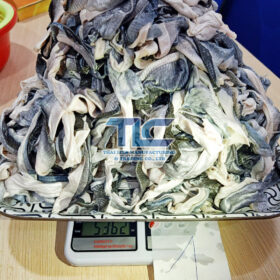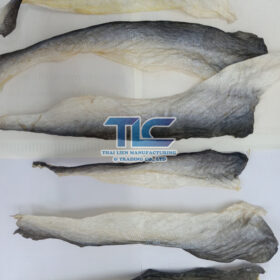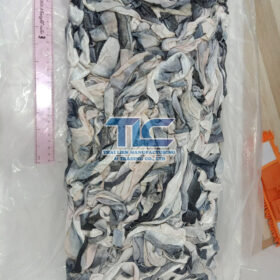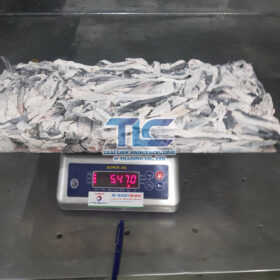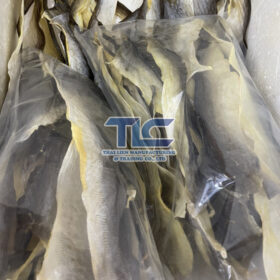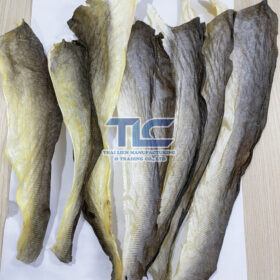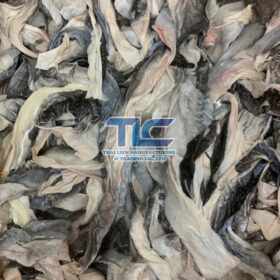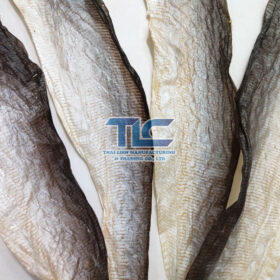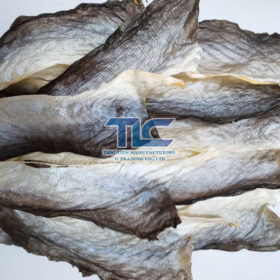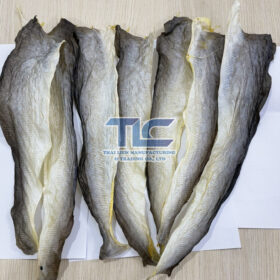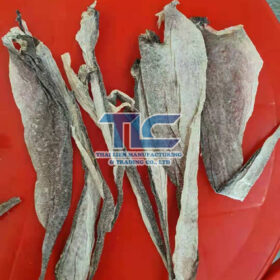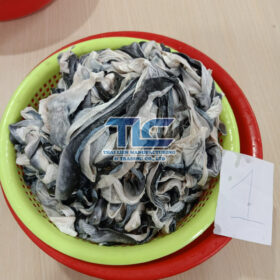Production Process of Dried Fish Skin and Scales in Vietnam: A Comprehensive Guide
Introduction
Vietnam has a rich tradition of utilizing every part of the fish, and one remarkable aspect of this practice is the production of dried fish skin and scales. This industry not only sustains local economies but also provides an insight into the meticulous craftsmanship of the Vietnamese people. In this article, we will delve deep into the production process of dried fish skin and scales in Vietnam, uncovering the secrets of its success and its impact on the region.
The Essence of Dried Fish Skin and Scales
Dried fish skin and scales have been an integral part of Vietnamese cuisine and culture for generations. This section explores the significance of these products.
The Cultural Importance
Dried fish skin and scales hold a special place in Vietnamese cuisine and cultural traditions. They are used in various dishes, symbolizing prosperity and family unity.
The Culinary Delights
Discover the exquisite dishes that incorporate dried fish skin and scales, such as crispy fish skin snacks and flavorful broths.
Sourcing the Raw Materials
To create high-quality dried fish skin and scales, the selection of raw materials is crucial.
The Ideal Fish Species
Vietnam boasts a diverse range of fish species, but some are preferred for their skin and scales. Learn which fish are chosen for this process.
Sustainable Fishing Practices
Exploring sustainable fishing methods ensures a steady supply of fish while preserving the aquatic ecosystem.
The Production Process
Cleaning and Preparation
The first step in the production process involves thorough cleaning and preparation of the fish.
Skin and Scale Removal
Delicate techniques are employed to separate the skin and scales from the fish’s body.
Drying and Preservation
Discover the various methods used to dry and preserve the fish skin and scales, ensuring their longevity.
Quality Control
Maintaining quality is paramount in this industry. This section explores the rigorous quality control measures in place.
Inspection and Sorting
Each piece is carefully inspected and sorted to meet the highest standards.
Packaging and Storage
Learn how dried fish skin and scales are expertly packaged to retain their freshness and flavor.
The Market and Economic Impact
The production of dried fish skin and scales is not just a culinary art; it’s also a significant economic contributor to Vietnam.
Export and Trade
Vietnamese dried fish skin and scales find their way to international markets, boosting the country’s economy.
Job Creation
The industry provides employment opportunities for local communities, improving their livelihoods.
FAQs
What is the shelf life of dried fish skin and scales? Dried fish skin and scales can last up to a year if stored in a cool, dry place.
Are there any health benefits to consuming dried fish skin and scales? Yes, they are rich in collagen, which is beneficial for skin health.
How do I incorporate dried fish skin and scales into my cooking? You can use them as a crispy topping for soups or salads, or simply enjoy them as a snack.
Is the production process environmentally friendly? Efforts are made to ensure sustainability, but some environmental impact is inevitable.
Can I find Vietnamese dried fish skin and scales outside of Vietnam? Yes, they are exported to various countries, so you may find them in international markets.
Are there any regional variations in the production process of dried fish skin and scales in Vietnam? Yes, different regions may have slight variations in their techniques and flavor profiles.
Conclusion
The production process of dried fish skin and scales in Vietnam is a true testament to the nation’s culinary artistry and resourcefulness. This industry not only satisfies the taste buds of locals but also enriches the economy and culture of Vietnam. As you explore the world of dried fish skin and scales, you’ll come to appreciate the intricate craftsmanship behind this delicacy.

